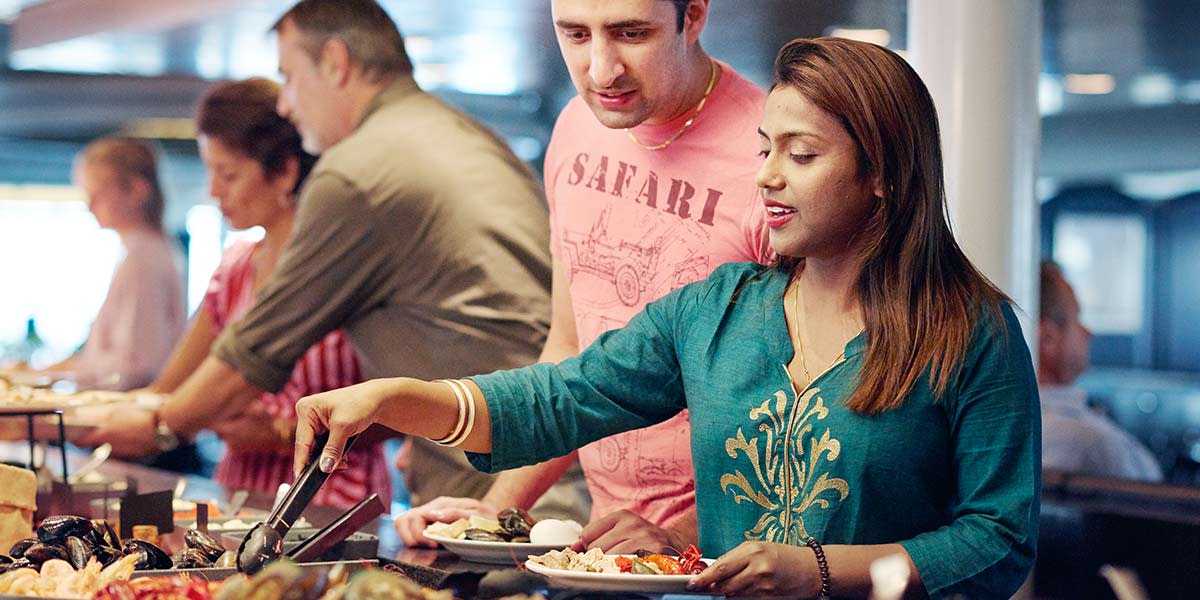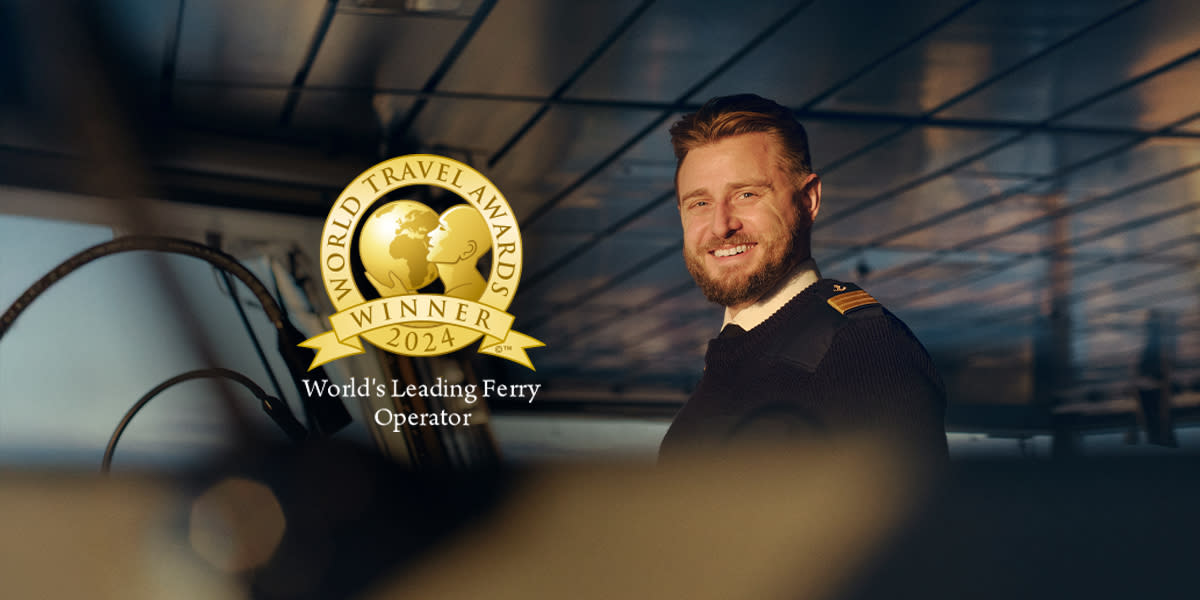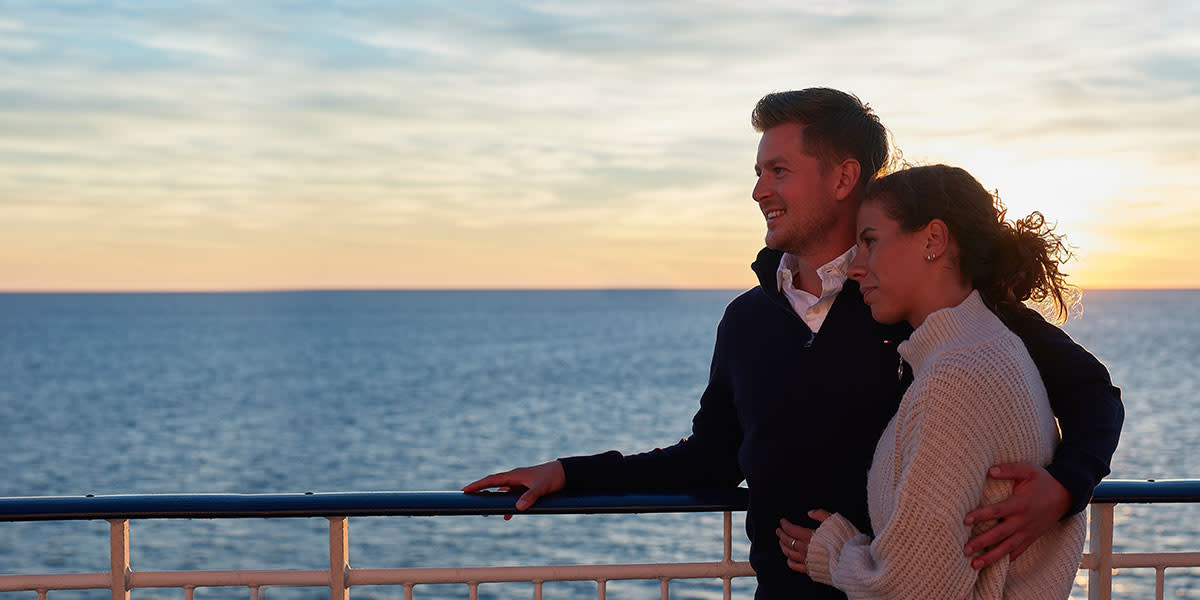
Green course: how to reduce food emissions?
Green course: how to reduce food emissions?
Uneaten and discarded food is a major problem not only financially, but also socially, ethically and environmentally. According to the EU Commission, 88 million jobs are wasted in the European Union every year. tons of food. The catering sector is looking for innovative ways to reduce food emissions and involve customers in environmental initiatives.
Individual and collective responsibility
The problem of food waste is also relevant in Lithuania. 2021 A survey conducted by the research company RAIT in March 2006 showed that 68 percent. Respondents in Lithuania consider food waste to be a major challenge and believe that everyone must take responsibility and take measures to reduce this problem. Everyone should contribute to reducing food waste, both individually and collectively.
More and more people are realizing the consequences of food waste on the environment: growing, transporting and producing food depletes natural resources and, in the case of processing and emissions, releases carbon dioxide (CO2) into the environment, which accelerates the greenhouse effect. The United Nations (UN) estimates that food waste is "responsible" for about 10 percent. annual greenhouse gas emissions.
DFDS study: Ferries emit about 12 percent of food
Seeing the common needs of the society in Lithuania and in the world, DFDS, one of the largest ferry operators in Europe, studied the amount of food emitted by floating ferries in the Baltic Sea. "DFDS takes the issue of food waste very responsibly, so by contributing to the goals of the UN's 2030 Agenda for Sustainable Development, we wanted to investigate trends in food discards on the ferries we operate. In six weeks, 6 ships sailing in the Baltic Sea were inspected: one each week, ”says Vaidas Krūmas, DFDS Ship Feed Manager for the Baltic States.
Emissions from passengers and kitchen staff were weighed during the study. The results show that the percentage of food emitted by ships sailing from Lithuania is about 12 percent, and from Estonia 14-15 percent. According to Vaidas Krūmas, the obtained results meet the requirements of sustainable statistics: “We do not exceed 15%. post-production food limits, so by global standards we can safely say that we meet 'green' standards, but we have set ourselves the goal of improvement. After evaluating the current results, we will apply several innovations that encourage passengers to get involved in reducing food emissions, and in six months we will conduct another study to evaluate the results of the changes. "
Proper preparation and planning
According to Vaidas Krūmas, in order to reduce food emissions, a great deal of responsibility lies with the catering service providers themselves, therefore the first step is the company's own homework. “Our kitchen staff very consciously monitors the needs of customers, their eating habits, marks favorite and unlikely dishes, reviews portion sizes. We find that certain recipes are more successful among passengers, so we analyze what ingredients most like what would be needed for less successful dishes. The aim is to keep the choice large, but the efficiency criterion is no less important, ”emphasizes Vaidas Krūmas.
The company is also responsible for streamlining the work of the kitchen, reducing the amount of raw food and food waste - for this purpose, staff training is carried out, the expiration date of products and storage conditions are constantly checked. "We carefully monitor food orders: we order as much food as we can consume, so a big part of the job is preparation and needs assessment. And our kitchen team uses food really creatively: we try to ensure that good, usable products are not thrown away, so quality products that are not eaten during the trip are offered to passengers to take away, ”says a DFDS representative.
The aim is to encourage changes in passenger behavior
"Passengers eat more than 197 tons of fruits, berries, mushrooms and vegetables, 113 tons of meat, 51 tons of bread and its products, 27 tons of fish, 25 tons of eggs and their products in DFDS ferries every year. The ferries drink more than 79 tons of water, 72 tons of milk and its products, and 26 tons of fruit water per year. Even 12 percent. From these quantities, it seems to us a lot, therefore we will encourage passengers to evaluate food consciously and responsibly, ”says Vaidas Krūmas, emphasizing that several innovations will be implemented on ships from this month.
A big part of the success of a food reduction strategy is the involvement of passengers, so in buffet restaurants, the company will encourage passengers to make informed choices and decisions about food. For example, passengers will be reminded that uneaten but fit food can be taken away and eaten when they wish, and the company will help to pack it in environmentally friendly packaging.
According to Vaidas Krūmas, passengers will be more actively informed about the fact that it is healthiest to put as much as possible on the plate: We are constantly reminded that you can return to the buffet as many times as you want, so you can add less food to the plates by consciously tasting, discovering your favorite flavors and then coming back to refill the plate. After all, what did not meet our expectations is often discarded, and it is not always easy to determine "from the eye" what will be delicious. Vaidas Krūmas suggests to always apply this tactic in self-service restaurants - to taste a little, choose what you like best and eat only what is really tasty: “You will notice how the plates are empty and you no longer have to go to the trash to throw away uneaten food. And such a small change in individual behavior can contribute to big changes in reducing food discards. ”
Our routes

Proudly named the World’s Leading Ferry Operator
We did it! After being crowned ‘Europe’s Leading Ferry Operator 2024’ at the World Travel Awards earlier this year, we are delighted to announce we have retained our title as the World’s Leading Ferry Operator.
We were also once again recognised as having the best website in our industry – scooping both the European and World awards in 2024.
A heartfelt thank you to everyone who voted, and to our passengers, colleagues and partners who contribute to our continued success – we couldn’t do it without you all.



